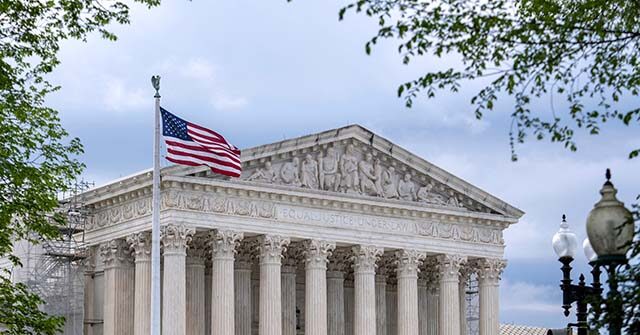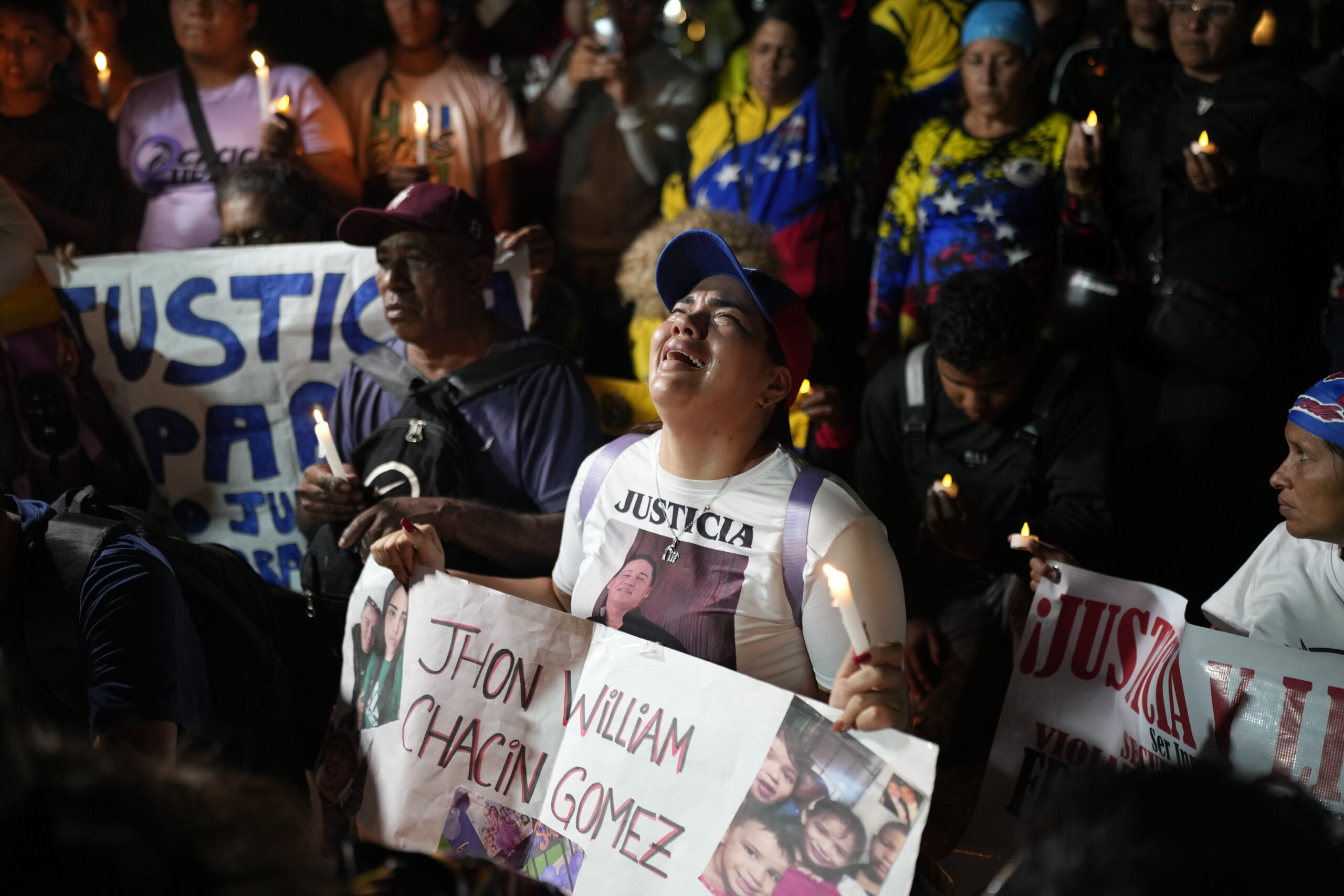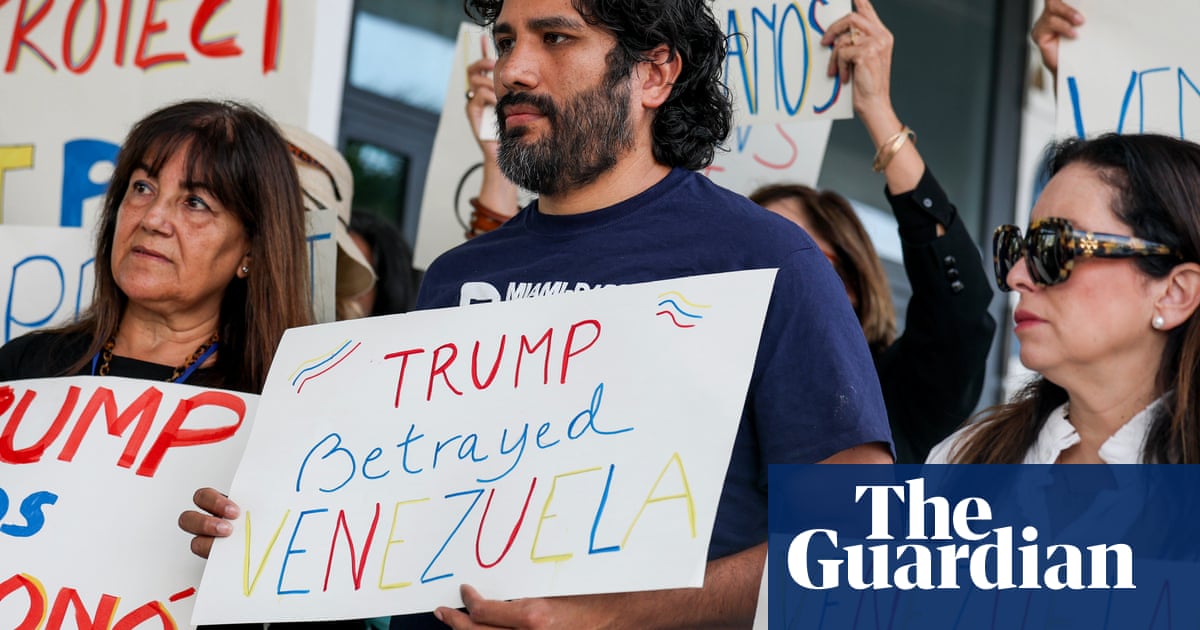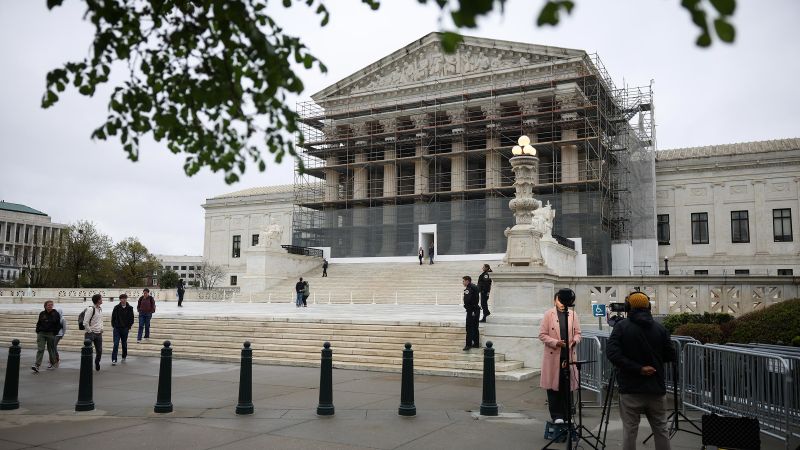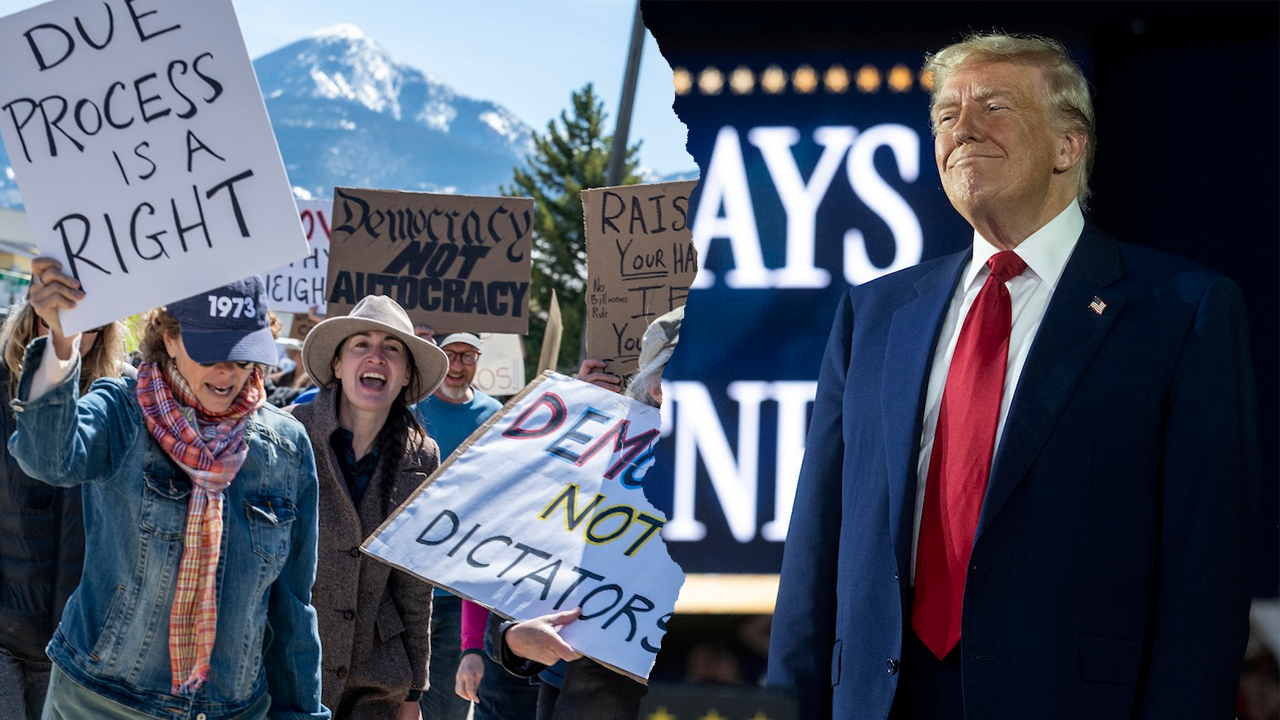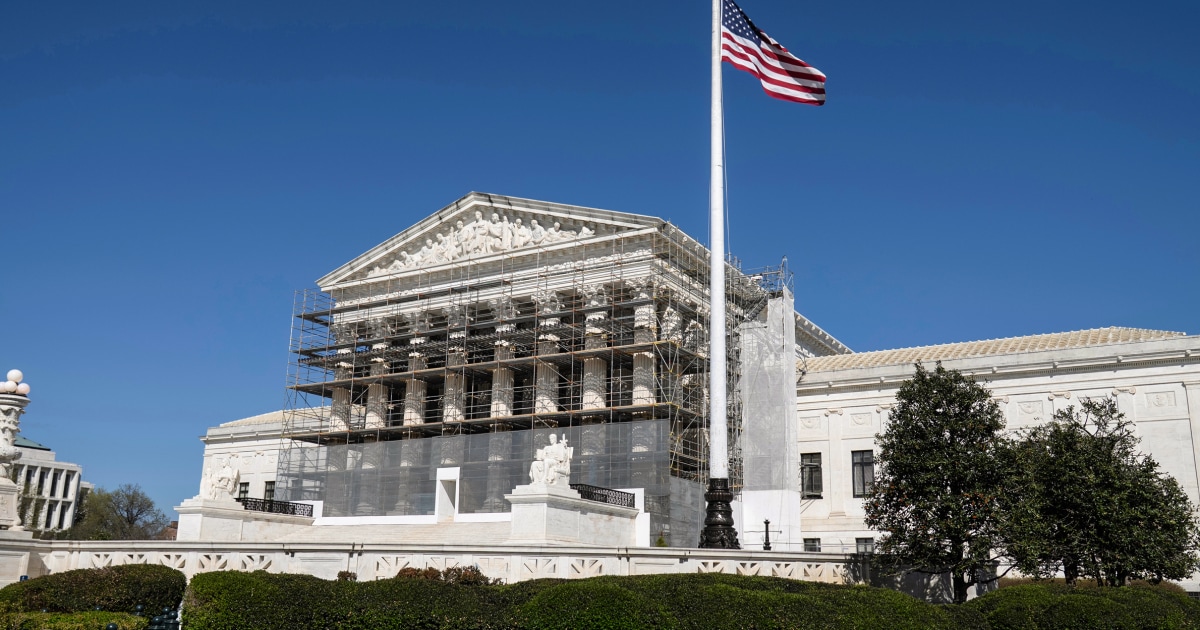California Judge Temporarily Blocks Deportations of Venezuelans Amid Escalating Legal Challenges
A federal judge has issued a temporary restraining order halting Venezuelan deportations in light of the Supreme Court's recent ruling.
Overview
In a rapidly evolving legal battleground, a federal judge in California has temporarily blocked the Trump administration's deportation of Venezuelans under the Alien Enemies Act. This ruling follows the U.S. Supreme Court's decision allowing the termination of Temporary Protected Status for 350,000 Venezuelans, which raised concerns over deportation risks amid Venezuela's ongoing humanitarian crisis. The order, effective until May 30, is linked to a lawsuit involving Darwin Antonio Arevalo Millan, a Venezuelan dissident who has applied for asylum. The government faces increasing legal challenges, with deportations already paused by the court for those from detention facilities.
Report issue

Read both sides in 5 minutes each day
Analysis
Analysis unavailable for this viewpoint.
Articles (29)
Center (10)
FAQ
Temporary Protected Status (TPS) is a humanitarian program that allows nationals of designated countries facing ongoing armed conflict, environmental disasters, or other extraordinary circumstances to live and work in the U.S. without fear of deportation. Venezuelans were granted TPS due to the country’s ongoing humanitarian crisis and political instability, which makes safe return impossible for many.
Termination of TPS would strip these Venezuelans of legal immigration status, exposing them to deportation and loss of work authorization. Many have built lives in the U.S., so this could cause severe disruption to families, livelihoods, and local communities.
The Alien Enemies Act is an 18th-century law allowing the government to detain, restrain, or deport non-citizen men from a country the U.S. is at war with. The Trump administration invoked it to rapidly deport Venezuelan migrants labeled as 'alien enemies,' but courts have required due process, such as advance notice and a chance to contest deportation.
The Supreme Court blocked the Trump administration from deporting Venezuelan men under the Alien Enemies Act, requiring more due process, including advance notice and a meaningful opportunity to challenge their deportations in court.
Lower courts have issued temporary restraining orders to block the immediate termination of TPS and deportations, citing risk of irreparable harm to hundreds of thousands of Venezuelans and lack of countervailing government harm in maintaining protections during ongoing litigation.
History
- 5M

 3 articles
3 articles
- 6M

 4 articles
4 articles
- 6M

 6 articles
6 articles




